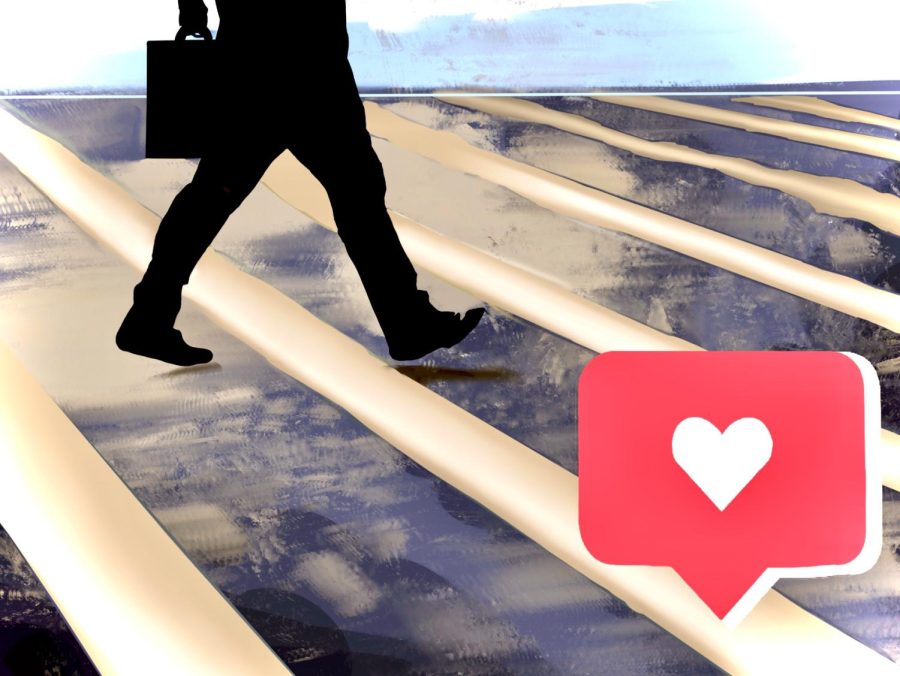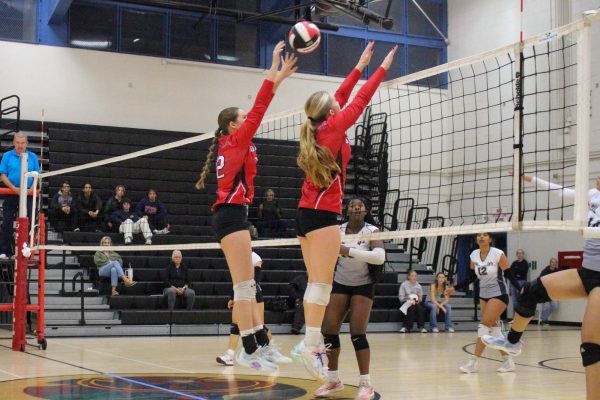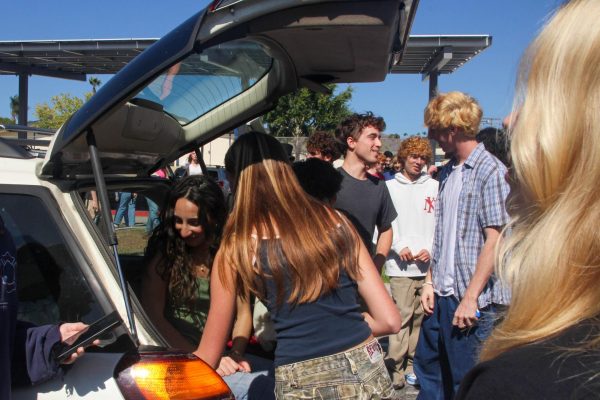Opinion: How the constant romanticization of the workforce in media affects teenagers
The media as a whole impacts the perspectives of young teens in many different ways, including the romanticization of the work force. Take a closer look at this very topic with writer Amber Duhs in the article below.
October 23, 2022
Netflix, Peacock, Hulu and HBO Max are all popular streaming services with a surplus of shows and movies to pick from. But one thing all these services have in common, besides their constantly increasing prices, is their abundance of shows that revolve around the workplace. Programs such as “Grey’s Anatomy,” “Brooklyn Nine-Nine,” “Criminal Minds” and many others all seem to have today’s teens in a chokehold—but they seem to portray more falsities than anything, giving teens a romanticized version of what these fields of work are actually like.
“Grey’s Anatomy,” to name one, is a popular workplace drama about Meredith Grey (Ellen Pompeo), a young surgery resident who struggles with a dark past and living up to her mother’s reputation as a renowned surgeon. Written by Shonda Rhimes, a famous screenwriter and director known for her dramas, the show has twists, turns and melodramatic moments like no other. While at first glance it seems somewhat accurate for a Hollywood drama, this is far from the truth. Workplace romances and implausible odds occurring episodically create such a warped perception of what being a healthcare professional is actually like, causing teens to view being a doctor as dramatic and romantic due to the show’s portrayal.
A warped understanding of how the healthcare system actually operates can have detrimental effects on the youth’s ideas of said field, as well as the public’s perception. Publicity nowadays plays a large role in how different fields and companies are seen, so if Hollywood is describing lawyers, for example, as unfocused and unprofessional, that is how they may eventually be viewed. However, these TV programs can also have positive impacts by getting teenagers interested in different careers that they may have ignored otherwise, being the first to introduce them to what may result in their life’s work and passion.
In the past, many teens felt pressured to go to college, as it was deemed their only option at a stable, enjoyable life full of happiness and prosperity. On the flip side, though, adolescents also opted to not go to college, as they frequently idealized their favorite rock stars or musicians who either dropped out of high school or barely completed it. This newfound obsession with gratifying careers and college degrees seems to be a much more positive influence to have when compared to the latter. With more depictions of the workforce in media, today’s youth are led to further delve into their interests and discover if they can create a career or life out of what they truly enjoy doing.
Generally, smoothing over the more negative sides of anything is Hollywood’s forte—for better or worse, glamorization is what makes the movie and TV industry go around. So, next time you sit down to browse through Netflix, take the descriptions with a grain of salt and look deeper into what these professionals actually do day-to-day.
















